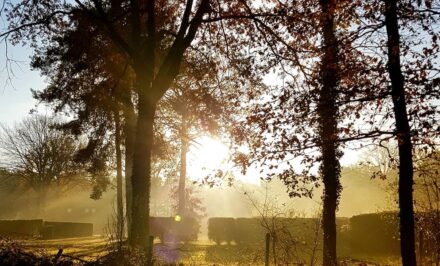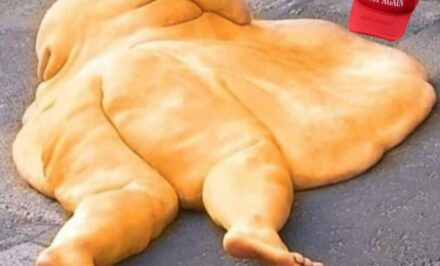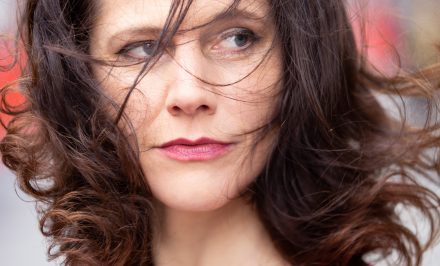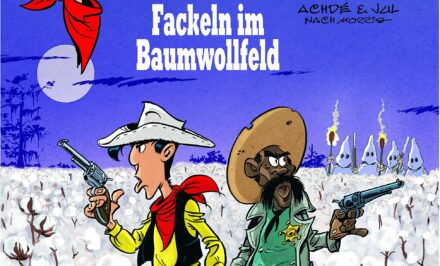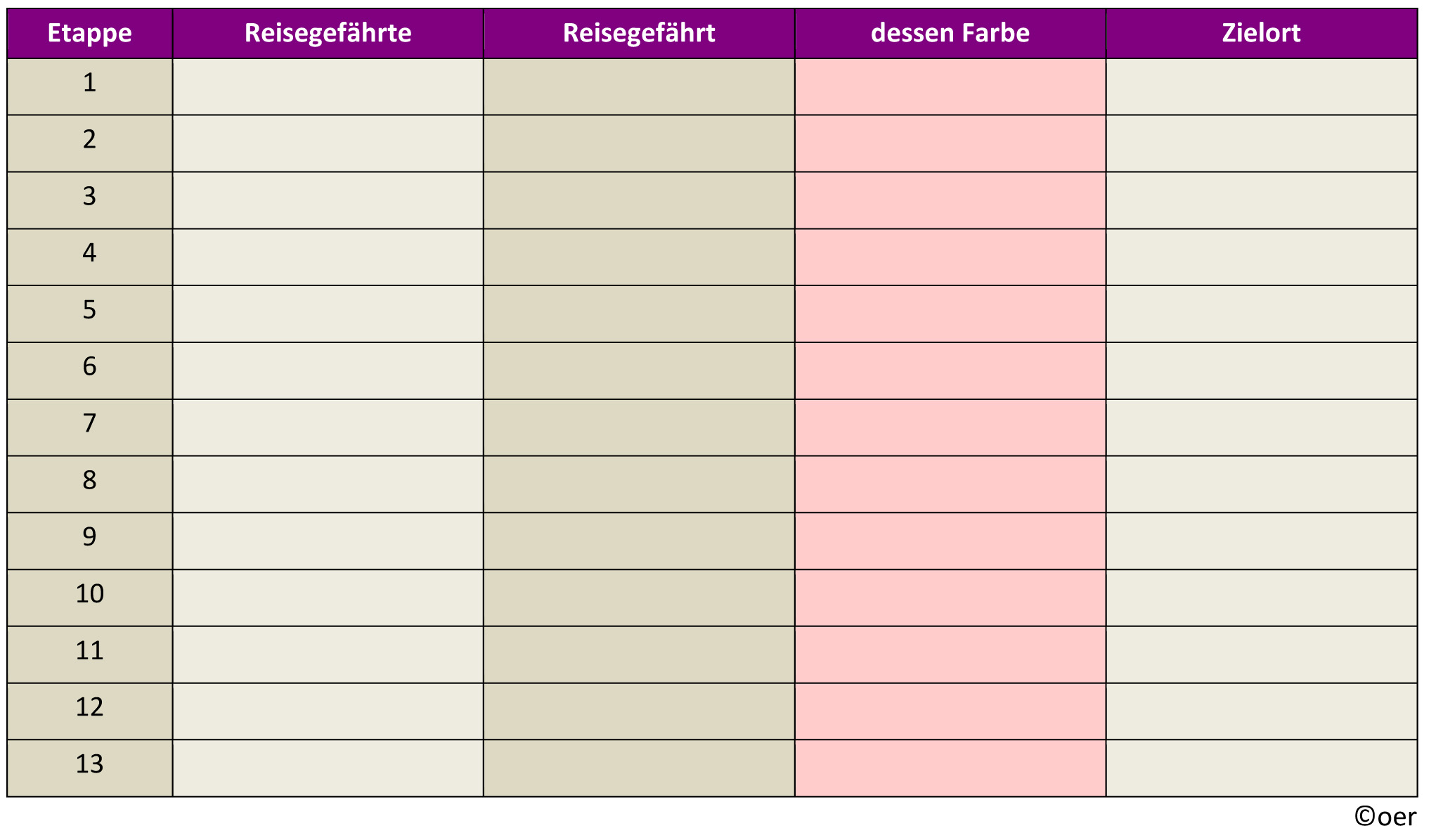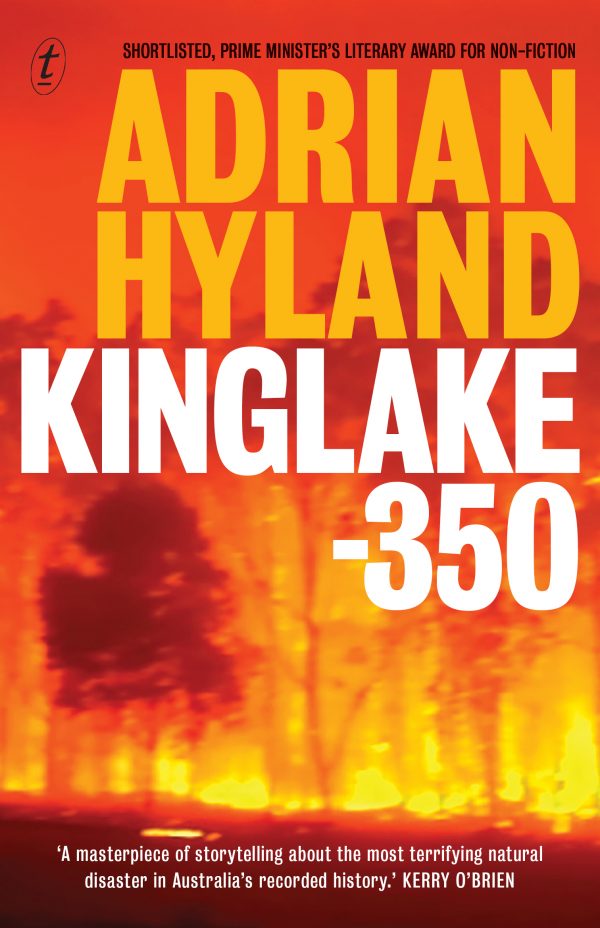
An Interview with Adrian Hyland – by Alf Mayer
Centered around policeman Roger Wood, Adrian Hyland’s Kinglake-350 is a masterpiece of writing about a catastrophe – the worst bushfire disaster in Australia’s history, Black Saturday, 7 February 2009. As the firestorm engulfed the community, Roger Wood risked his life, again and again, to try and save people.With the fire raging all around, he phoned home to warn his wife what was coming. She screamed that the fire had already hit their property. Then the line went dead…
Adrian Hyland takes a dramatic and compelling sequence of events on that day and weaves them into a picture of universal significance and deep fascination. A firefighter himself, and out in the bush through the 2019/2020 wildfire season, he currently is writing a new novel, centered around a bushfire – in this CulturMag issue you can read the first chapter. A girl returning to her home after it had burned down …
Alf Mayer: Your „Kinglake-350“ sure is a harrowing piece of writing. How much did it sear yourself? How hard was it to write that?
Adrian Hyland: I found Kinglake-350 an incredibly hard book to write. We live right in the fire zone. All of the people featured in the book were friends of mine: the policeman, the Parks Ranger, the firefighters, the civilians. I spoke to many people whose stories I didn’t include, sometimes because they were too horrific, other times because the people decided they wanted to try and move on with their lives. Black Saturday affected my family and myself terribly: we went to eight funerals in the week after it, including most members of a single family. My daughter’s school was destroyed and many of our friends lost their homes. The psychological scarring lingers on.
I enjoyed researching and writing the science; in fact, it was a kind of relief from the traumas of the humanitarian disaster. It also changed my understanding of nature itself: you can read some of my thoughts in a speech I made at the National Library.
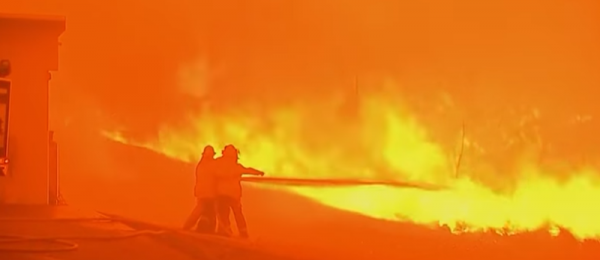
All these deaths, did Australia learn something from it?
Australia learnt virtually nothing from the Black Saturday disaster. Possibly our survival skills are a little intensified: in the latest fires, most people choose to leave, rather than stay and fight. That’s a change. But we keep electing climate deniers into high political office. I don’t know why, but ultimately I suspect it is all driven by the fossil fuel companies and their minions in the Murdoch press bribing and lying to people.
The lie that I hate most came about in response to the latest fires: they say ‘The Greens’ are responsible because they won’t allow fuel-reduction burning. This is a bald-faced lie: the Greens fully support appropriate fuel reduction burns.
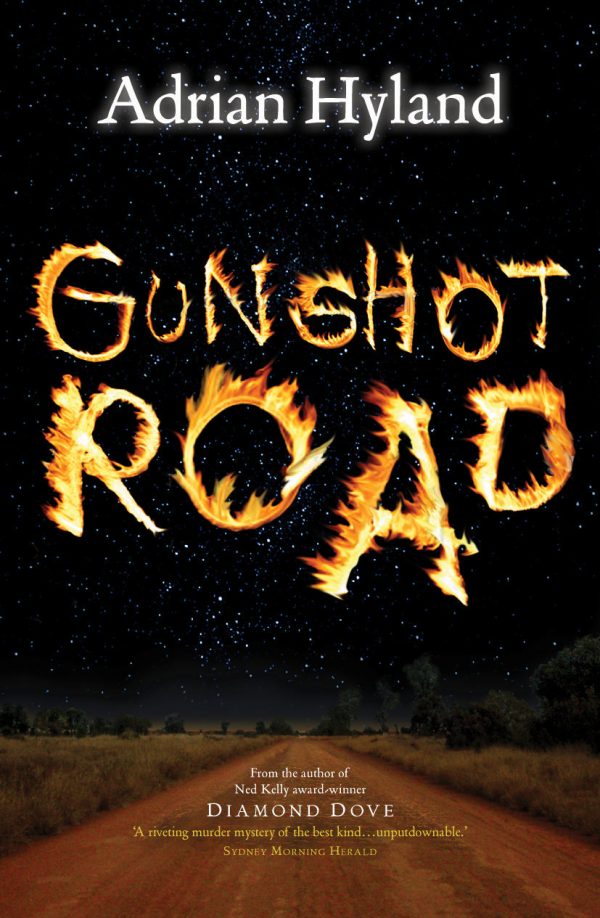
I’m a volunteer firefighter myself, and I’ve recently been out fighting the worst of the fires close to Melbourne, and I remember coming home a few weeks ago, my lungs full of smoke, my body exhausted, my eyes burning, and reading in the tabloid press that I – as a supporter of the Greens – was responsible for the fires. It drives me nuts.
I despair at what we’re doing. And, as one of my kids said to me, the worst part of it is the animals. Billions of them died in the most recent fires, whole species will be wiped out, largely because of our actions. Yes, Australia has always had fire, but never this bad, and they are getting worse. I’ve recently fought fires from the beginning of October until the end of March: a six-month fire season. No way is that normal.
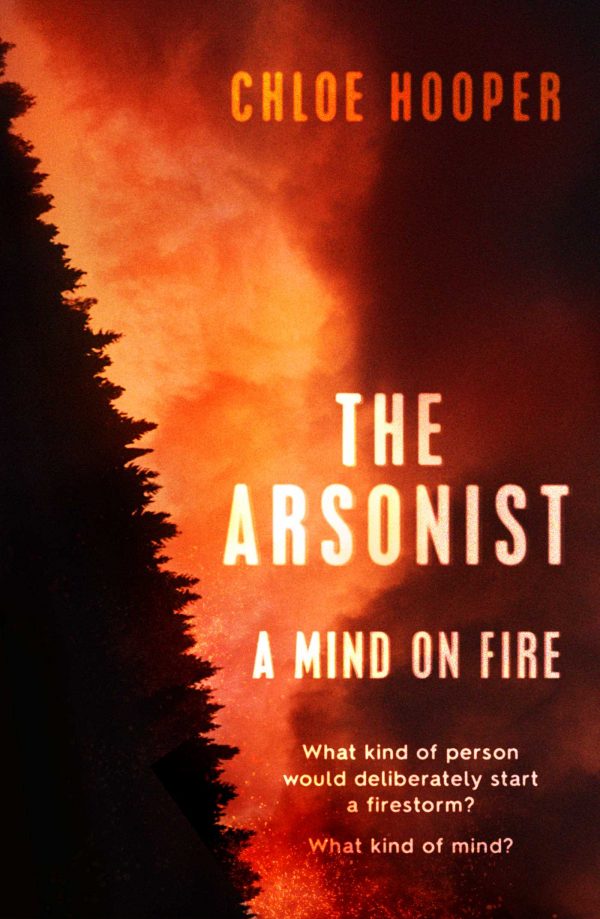
And then there are all this fake news and rumors, that there are paid arsonists …
There are crimes associated with bushfires: a small proportion of them are ignited by arsonists. The right-wing press, of course, seize upon these with delight: they emphasize them, exaggerate them, manipulate them, do whatever they can to draw attention away from the real crime that is taking place: the destruction of our environment by man-made climate change.
Can you say a few words about Chloe Hooper’s The Arsonist? Are there other books you would recommend – beside Don Watson’s The Bush and Stephen Pyne’s Burning Bush?
I really enjoyed Chloe’s book, but it is more about the psychology of an arsonist rather than fire itself. The arsonists I worry most about hold high office in Canberra (and Washington). We recently elected one of them Prime Minister. Future generations will spit upon the memory of these people.

I would recommend not just Stephen Pyne’s The Burning Bush, but his entire body of work. He is an astonishing writer; the books in his World Fire series are dense, challenging, beautifully written. He also wrote a book called The Ice, also brilliant.
As for Nature Writing, which is getting bigger and bigger in Germany – what Australian books or writers would you recommend?
Re nature writing in general, I would recommend anything by Tim Flannery and Danielle Clode. One of my favourite novels is Murray Bail’s Eucalyptus, which puts the Australian bush into a Western mythical framework. Another is Richard Powers’ The Overstory. If you really want to understand the natural history of Australia, you need to try and get an Indigenous perspective. I would recommend Carpentaria, by Alexis Wright, or Papunya, A Place Made After the Story, by Geoff and James Bardon.
Could you sketch what kind of book you are writing right now?
I am trying to write a crime novel set in rural Victoria, where I live these days. It’s dominant theme is fire in the Australian landscape. Its working title is ‘Canticle Creek’. — I am happy to share the opening pages with your readers (see in this CulturMag-issue).
Would you think that the future will become an Australian theme in writing?
The destruction of our environment will overwhelm literature and every other aspect of our culture – except for the idiots who can’t tear themselves away from „Married At First Sight“ on TV.
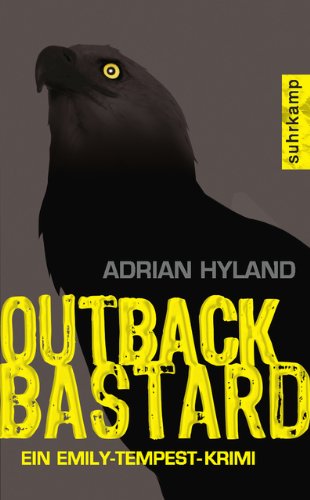
Adrian Hyland is the award-winning author of Diamond Dove and Gunshot Road. He lives in St Andrews, north-east of Melbourne, and teaches at LaTrobe University. His novels have been translated into German and were published by Suhrkamp as Outback Bastard and Kaltes Feuer.
— Er lebte rund zehn Jahre im Outback der Northern Territories. Anfangs ging er Gelegenheitsjobs nach, später war er Koordinator einer Versorgungsstation und lebte in den Gemeinschaften der Warlpiri–, Alyawarre– und Warumungu. Seine Serienheldin und Protagonistin Emily Tempest ist Tochter eines Weißen und einer Aborigine. Sie kehrt nach Schule, Studium und längeren Reisen rund um die Welt in ihre alte Heimat nach Moonlight Downs zurück. Dort sieht sie sich mit den Problemen von Kriminalität, Alkohol und Gewalt der Bewohner konfrontiert. Die beiden Romane stammen von 2006 und 2010, brachten höchstes Lob. Heute aber wäre solch ein Buch, von einem whitefeller geschrieben, politisch nicht mehr korrekt. Der neue Kriminalroman von Adrian Hyland – ein Textauszug hier exklusiv nebenan in dieser Ausgabe – wird keine solche Heldin haben.

